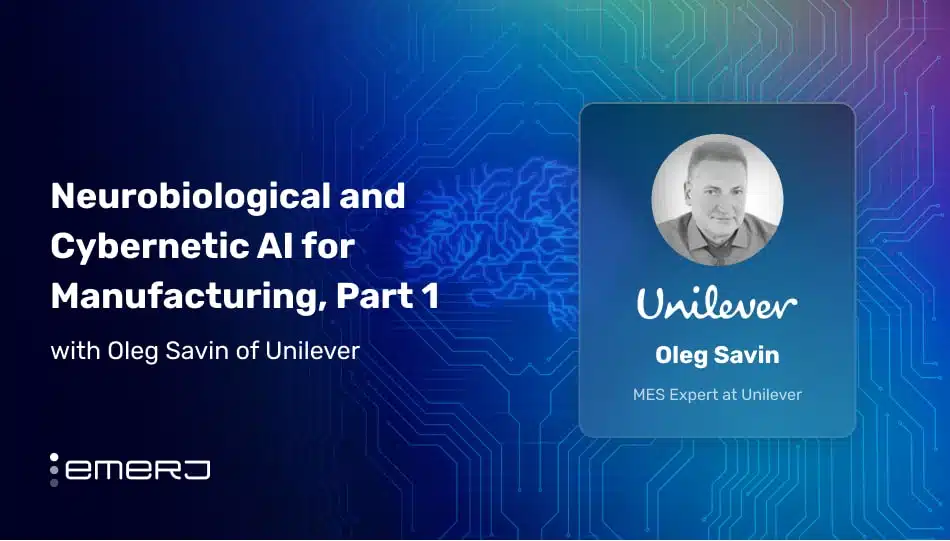1 – Announcing SyntaxNet: The World’s Most Accurate Parser Goes Open Source
On Thursday, Google released SyntaxNet, its open-source neural network framework through TensorFlow that serves as a base building block for natural language understanding (NLU) systems. Parsing human languages has been historically challenging for computers, in big part due to the ambiguity of syntactic structures. The system’s neural networks are successful in helping better train systems. In addition to a comprehensive set of code for training new SyntaxNet models on proprietary data, users also have access to ‘Parsey McParseface’, a machine learning-based parsing system trained to analyze English text. Parsey is the most accurate model of its kind to date, and will help further research involving automatic extraction of information, translation, and other capabilities of the NLU.
(Read the full press release on Google’s Research Blog)
2 – Artificial Intelligence Framework Now Powers Toyota Websites
Toyota’s websites are now making use of an artificial intelligence framework first introduced in a paper by UCLA Computer Science Professor Adnan Darwiche in 2001. The technology allows shoppers on Toyota’s websites (and its Lexus division) to customize a vehicle based on a range options, including models, colors, and other features. The software is called a ‘product configurator’ and is based on a logical form of AI known as a ‘decomposable negation normal form circuit’ (DNNF circuits). Darwiche’s work is one solution for efficiently reasoning with knowledge, a core feature of an intelligent system. Another of Darwiche’s pioneered circuits, called ‘sentential decision diagrams’, are being evaluated by Toyota as a potential solution for more sophisticated queries in the online product configurator.
(Read the full article on Phys.org)
3 – Pentagon Turns to Silicon Valley for Edge in Artificial Intelligence
Secretary of Defense Ashton Carter made his fourth appearance in a year to Silicon Valley on Wednesday, where he spoke at a Defense Department research facility near Google headquarters, stating that the military faces challenges in “translating civilian technology.” Prior to Mr. Carter’s visits, it had been 20 years since a defense secretary had visited the area. The White House’s interest in Silicon Valley technology has grown out of the “Third Offset” Strategy voiced by Secretary Carter last year, which involves more use of computer-based weapons to give the American military an edge over China and Russia military competitors. Since the US government does not (and will not) control the direction of AI technology, increased cooperation is necessary to help the military develop smarter weapons technology, among other defense methods. Mr. Carter also spoke of investing in and helping to establish other AI “innovation hubs” around the country, with a next big focus on the Boston area with Harvard and M.I.T.
(Read the full article on The New York Times)
4 – Artificial Intelligence Course Creates AI Teaching Assistant
Georgia Institute of Technology’s Ashok Goel added a ninth teacher’s assistant to his Knowledge Based Artificial Intelligence (KBAI) Class to help field the over approximate 10,000 messages posted by an average of 300 students every semester in online forums. As Dr. Goel stated,
“One of the main reasons many students drop out is because they don’t receive enough teaching support. We created Jill as a way to provide faster answers and feedback.”
A majority of the students never knew “Jill Watson” was an AI until Dr. Goel revealed its true identity in April. Jill was implemented on IBM’s Watson platform, and she needed some training before she achieved the 97 percent accuracy rate in providing correct responses to students’ questions. Dr. Goel and his team initially fed Jill the 40,000 postings that had been asked in KBAI since the class was launched in 2014; while online class size tends to go up each semester, most student questions remain the same. Jill will return next year under a different name, with the goal of answering 40 percent of all student questions by year’s end.
(Read the full article on ScienceDaily)
5 – Kayak Co-Founder Paul English Launches Travel Agent App Lola
The Co-Founder of Kayak has launched a new travel app powered in large part by…humans. Paul English, who helped create a travel search engine that helps users plan trips and eliminates the need for travel agents, has expressed the sentiment that he’s “terrified of today’s overuse of technology.” Lola is his solution to bring humans back into contact with humans, bridged by AI technology. Users create a detailed profile when they download the app, which allows Lola’s current Boston-based crew of 15 former travel agents and customer service representatives to learn as much about their ‘clients’ as possible. Lola’s AI helps inform the travel agents, but the agents are essentially re-programming the app’s AI engine. English plans to hire about 100 people for a call center based in Maine or North Dakota, and to eventually build its model after Uber and allow any travel agent to apply to work for the company. The app is free for now, but starting next year the convenience of a 24/7 travel agent will cost $99 per year.
(Read the full article on Boston Magazine)
6 – Applied Artificial Intelligence Conference
Next Wednesday, May 25, hackers.ai will bring together over 400 top minds in the applied artificial intelligence field, including entrepreneurs, business leaders, researchers, and investors, to learn about the latest technologies and network at the Applied AI Conference in San Francisco. Daniel Faggella, founder and CEO of Emerj, will attend as a member of the press and gain access to some of this year’s speakers, which include Head of Machine Learning at Uber Danny Lange, Director of Engineering – Core Machine Learning at Facebook Hussein Mehanna, Founder of x.ai Dennis R. Mortensen, and any others. Discussion topics will span how AI is changing society (transportation, health, etc.); enterprise (fintech, marketing, retail, etc.); and people (virtual assistants, connected homes, etc.). hackers.ai is a community based project focused on supporting new AI technologies and entrepreneurs and collaborates with communities through its Ambassadors program.
(Read about the even on hackers.ai)
Image credit: The New York Times



















